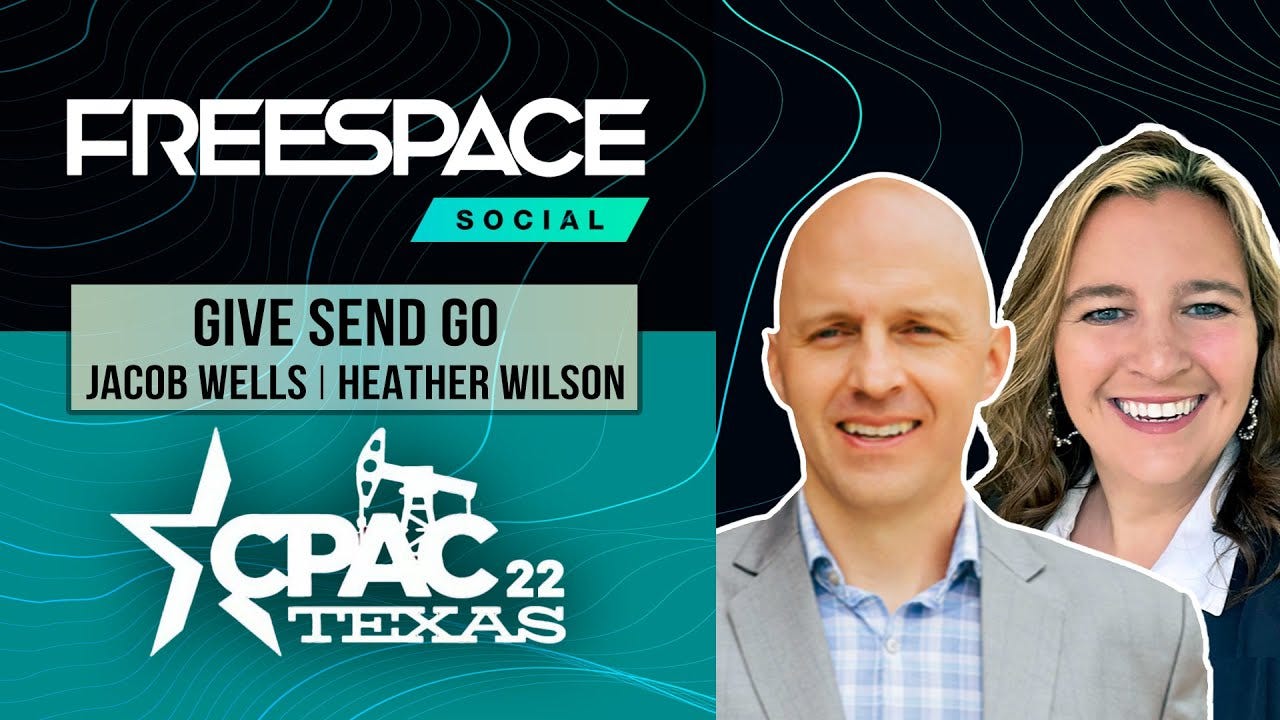From Playground Racism to a Six‑Figure Payday: How Shiloh Hendricks Turned a Slur into a Cash Grab
Late last month, a sunny afternoon on Rochester, Minnesota’s Soldiers Field playground curdled into a showcase of raw, unfiltered racism. Video shot by a bystander captured 36‑year‑old Shiloh Hendricks—baby on hip—hurling the N‑word at a five‑year‑old Black autistic boy after accusing the child of rummaging through her diaper bag. When the man behind the camera challenged her, Hendricks doubled down: “If that’s what he’s going to act like, that’s what he is.” The clip migrated to TikTok via creator @TizzyEnt, exploding past ten million views in less than twenty‑four hours.
Hate Pays—Literally
Most people caught spewing vitriol at a child keep a low profile while the backlash brews. Hendricks sprinted in the opposite direction. Within hours she launched a GiveSendGo campaign—starting goal: $20,000 to “relocate and protect my family.” Outrage super‑charged the meter. By Friday morning her plea had blown past $300,000. By Friday night it cleared $460,000 and she quietly moved the target to $1 million. Hate hasn’t just gone mainstream—it’s turning a profit.
The Grievance Script
On the fundraiser page Hendricks leans on a familiar script of white grievance: My Social Security number was leaked. My gym was doxxed. My eldest child can’t go to school. She paints herself as the real victim while ignoring the fact that she verbally assaulted a kindergartner. Predictably, anonymous donors sport handles like “Dylan Roof”—a nod to the Charleston church shooter—proving that the campaign doubles as a rally point for every keyboard Klansman with a debit card.
GiveSendGo, the same “Christian” crowdfunder that bankrolled Kyle Rittenhouse and January 6 defendants, once again profits from extremism while shrugging off criticism as the cost of “free speech.” In other words: the platform’s brand is monetizing bigotry, and Hendricks is its latest headline act.
Community Pushback
Rochester didn’t take the insult lying down. The local NAACP branch fired up a rival campaign, channeling donations toward legal support for the child’s family and broader anti-racism work. Their pot surged past $100,000 within 48 hours, and by late Friday neared $200,000. City leaders issued statements condemning the slur; state senator Liz Boldon called it “disgusting rhetoric [that] has no place in our community.” Rochester Police confirmed an active investigation; prosecutors are already weighing potential bias-crime charges.
Internet Sleuths vs. Privacy Lines
Almost as fast as the dollars poured in, amateur sleuths identified Hendricks, dug up her Pinterest boards, and plastered screenshots of now-deleted social-media posts across Facebook groups. Age? 36. Residence? Rochester’s southern edge. Employment? Unclear—she scrubbed LinkedIn before it could answer. While some of the crowd’s doxxing crossed ethical (and legal) lines, it underscores just how completely modern racists underestimate the internet’s receipts.
The Business Model of Outrage
Let’s be plain: Hendricks isn’t the first bigot to cash in on white grievance, and she won’t be the last. From Rittenhouse’s $250k legal kitty to Proud Boy defense slush funds, GiveSendGo has normalized a digital economy where social consequence is just another revenue stream. Racism costs its targets trauma and lost safety; for perpetrators it can literally pay rent.
Why This Matters Beyond Minnesota
Every dollar funneled into Hendricks’ pocket broadcasts a dangerous message: slur a Black child today, bank a down payment tomorrow. It incentivizes performative cruelty, weaponizes “free‑speech martyrdom,” and signals to marginalized communities that public spaces are only safe if hate groups can’t monetize them fast enough.
What Accountability Looks Like
Accountability here must be multi-pronged:
Legal – If investigators confirm the boy was targeted for his race and disability, Minnesota’s hate-crime statute should be on the table.
Financial – Payment processors have previously frozen extremist campaigns. They should revisit GiveSendGo, whose track record reads like a Best‑Of for right‑wing grift.
Social – Instead of doom‑scrolling, direct outrage toward the NAACP’s counter‑fundraiser, local mentorship programs, and park-equity initiatives. Refuse to share Hendricks’ fundraiser; every retweet is free advertising.
Media – Stop platforming her victim narrative without context. A microphone is not neutral.
Final Thoughts
The sad comedy is that Hendricks will likely spend her windfall on lawyers and a new zip code, only to discover that racism travels with you. Meanwhile, a five-year-old child learns—far too early—that in America a white woman’s tears can out-earn justice. If we let this stand, we’re endorsing a pay-to-play scheme where hate is the hottest commodity on the market. And that stains all of us.
Let’s not forget the architects behind this grotesque grift machine: Jacob Wells and Heather Wilson, the brother-sister duo who own and operate GiveSendGo. These two have made a name for themselves on the far-right speaking circuit, appearing at events like ZPAC and others where white grievance and evangelical nationalism fester under the illusion of “free speech.” Don’t be fooled—this isn’t Christian charity. It’s a digital laundromat for hate. Whether it’s bankrolling insurrectionists, white supremacists, or bigots like Shiloh Hendricks, Wells and Wilson have built a business on fascism cloaked in scripture. They’ve weaponized religion to excuse violence, platform extremism, and monetize human suffering. So when the backlash arrives—and it will—it won’t be persecution. It’ll be long-overdue accountability. Because if you’re going to use the cross as a shield for hatred, don’t be surprised when the public starts throwing stones.





